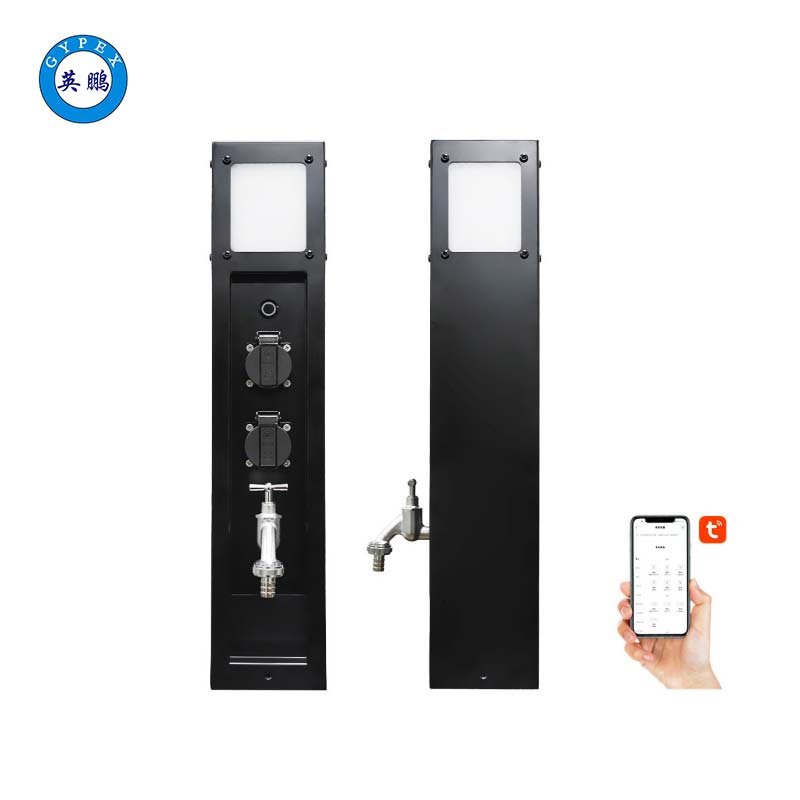Industry News
2024-08-20 02:42:22
738
行业新闻
In the realm of civil engineering, the construction of a robust foundation is paramount. One such method that has gained significant traction in recent years is the use of precast piles, particularly in residential complexes and courtyards. This article delves into the scientific and technical advantages of precast piling, providing a comprehensive overview of its applications and benefits.
Precast piling, often referred to as prefabricated piles or simply precast piles, are manufactured off-site in a controlled factory environment and then transported to the construction site for installation. This method offers a plethora of advantages over traditional in-situ piling methods, making it an attractive option for modern construction projects.
1. Reliable Quality: Precast piles are produced under stringent quality control measures, ensuring uniformity and reliability in every pile.
2. Rapid Construction: The off-site manufacturing and quick installation process of precast piles significantly shorten the construction timeline.
3. Minimal Environmental Impact: By reducing the need for on-site drilling and excavation, precast piling minimizes environmental disruption and avoids the pollution associated with mud slurry disposal.
4. Resource Efficiency: The manufacturing process is more resource-efficient, using less steel due to the optimized reinforcement ratios and producing less waste.
5. High Load-bearing Capacity: Precast piles, especially those with base grouting, exhibit a 20-30% higher load-bearing capacity compared to cast-in-place piles.
6. Simplicity in Construction: The straightforward installation process requires less technical expertise, making it accessible for a wider range of construction projects.
7. Adaptability: Precast piles can be tailored to suit various geological conditions, offering flexibility in design and application.
8. Reduced Pollution: The absence of noise, vibration, and pollution during installation contributes to a cleaner construction process.
In residential complexes and courtyards, where aesthetics and minimal disturbance are valued, precast piling offers a viable solution. It allows for the construction of stable foundations without compromising the tranquility of the surrounding environment.
Despite the numerous benefits, precast piling does require careful planning and execution to mitigate potential drawbacks such as high unit costs, noise during installation, and the risk of ground heave. Proper site investigation and engineering design are crucial to ensure the successful application of precast piles.
Precast piling represents a significant advancement in foundation construction, combining the benefits of quality, speed, and environmental responsibility. As construction techniques continue to evolve, the adoption of precast piling is expected to grow, further enhancing the sustainability and efficiency of building projects.
